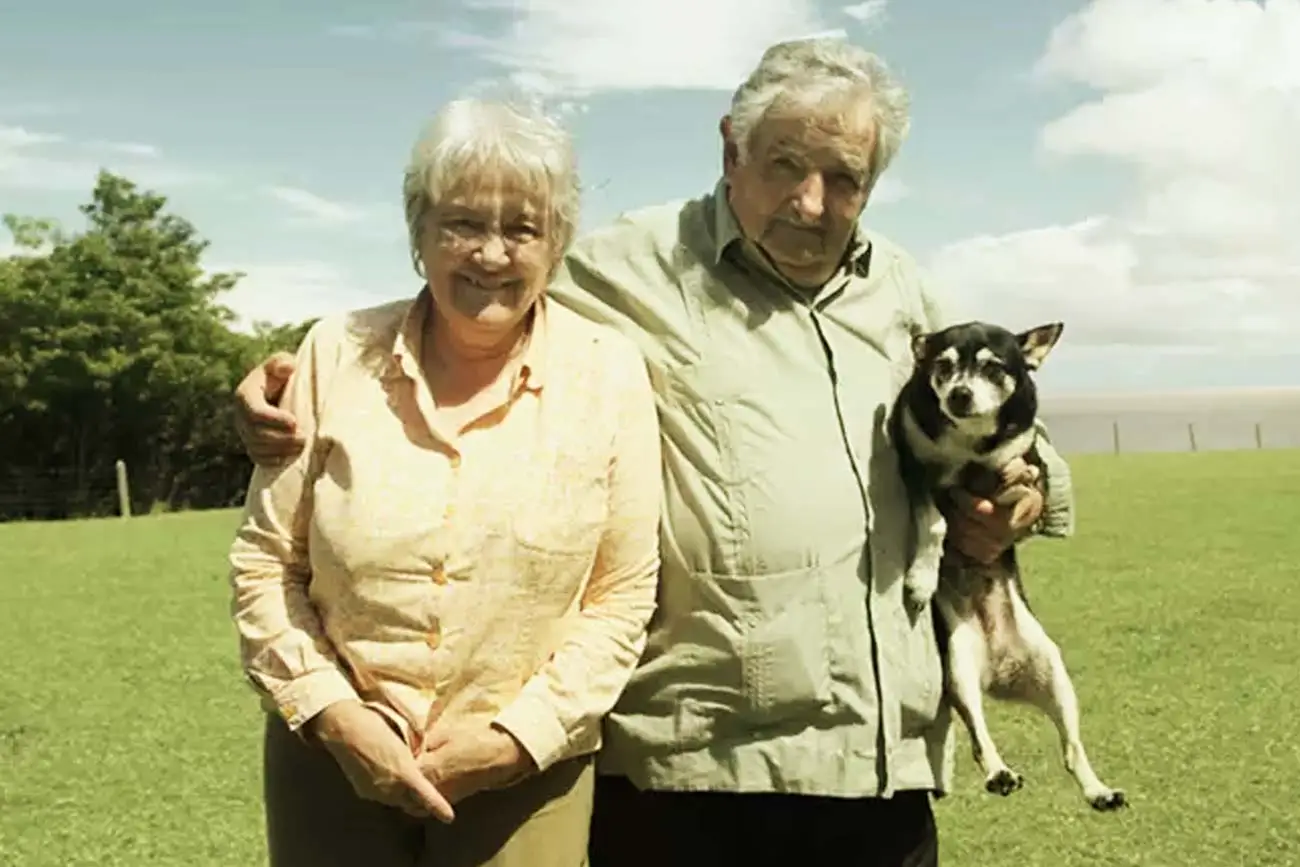In this article, we will explore the origin of donkeys, the essential care they deserve, and highlight some of the most remarkable moments in which these incredible animals played leading roles.
The Millennial Journey of the Donkey
The origin of donkeys dates back to North Africa, where they were domesticated thousands of years ago. These animals belong to the Asinine family and are close relatives of horses and zebras. Their resilience and adaptability have contributed to their spread across different regions of the world over time.
They are known for their robust and adaptable nature, capable of thriving in challenging environments. Their initial domestication was driven by the human need for a reliable and sturdy load-bearing companion, capable of carrying goods and enduring long journeys.
Essential Care
To ensure well-being, it is essential to provide proper care. These animals are notable for their resilience, but still require attention and consideration. Balanced nutrition, adequate shelter, and regular veterinary care are essential components to ensure a healthy life for donkeys.
Regular brushing is also crucial to maintain the health of their skin and hooves. Additionally, providing ample space for exercise and social interaction contributes to the physical and mental development of these intelligent animals.

Historical Moments
Donkeys have a long list of historical moments in which they played fundamental roles. In ancient times, these animals were indispensable for caravans crossing deserts, carrying valuable goods, and connecting distant cultures.
During the Crusades in the Middle Ages, donkeys were often used as a means of transportation for soldiers and to carry heavy equipment. Their resilience and adaptability were essential to face the challenges of epic journeys.
In the expansion of the American West, donkeys were crucial for pioneers exploring unknown lands in search of opportunities and new frontiers. Their strength and resilience were invaluable in overcoming vast territorial expanses and adverse conditions.
Donkeys in Popular Culture
These asinines have also played significant roles in popular culture, often portrayed in myths and stories. The famous character Donkey from the Shrek animation has become an icon, highlighting the intelligence and loyalty of donkeys in a captivating way.
In Greek mythology, donkeys were associated with Dionysus, the god of wine, festivals, and theater. Their presence symbolized celebration and joy, adding a cultural dimension to the relationship between humans and donkeys.
In the city of Várzea Alegre in Ceará, there is a statue of Padre Vieira in honor of the defense and recognition by the priest and society of the importance of donkeys to the people of the Northeast, quoting the phrase "O jumento é nosso irmão" ("The donkey is our brother"), which became famous worldwide.
Learn that...
The history of donkeys is a fascinating narrative intertwined with the evolution of humanity. From their origins in North Africa to the crucial roles played in significant historical moments, these animals deserve recognition and appreciation.
By properly caring for donkeys, we ensure that their journey remains an integral part of our shared history. Their legacy persists, and the relationship between humans and donkeys continues to evolve, highlighting the importance of these tireless companions and witnesses of history.
















Add comment